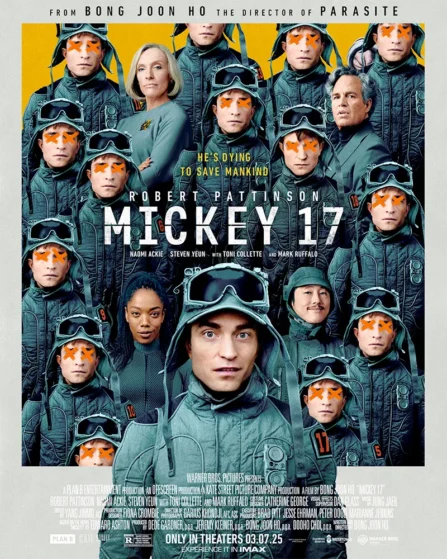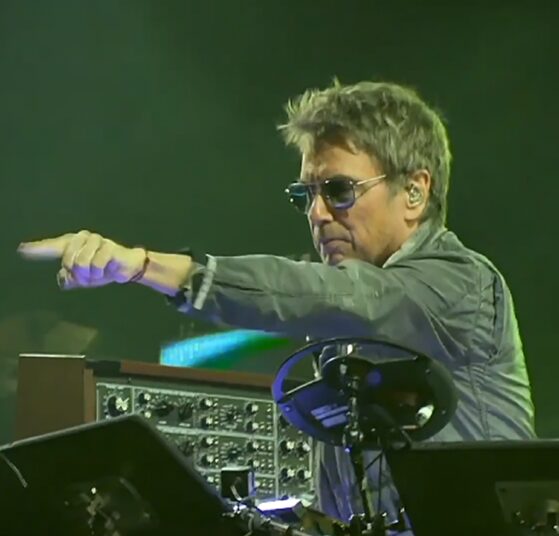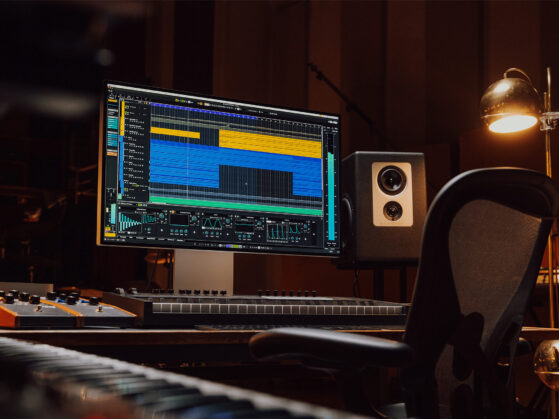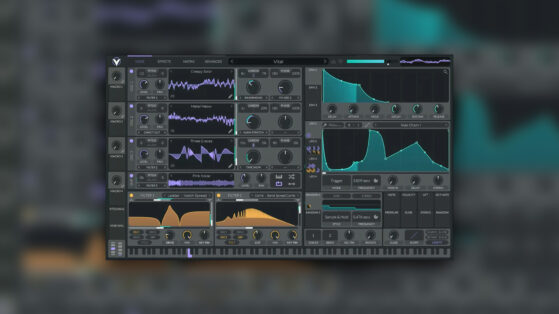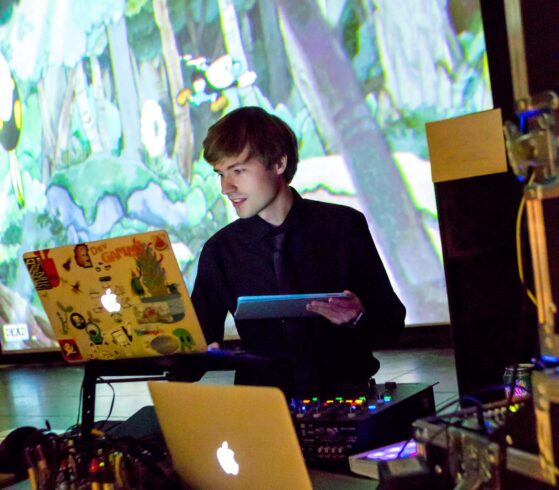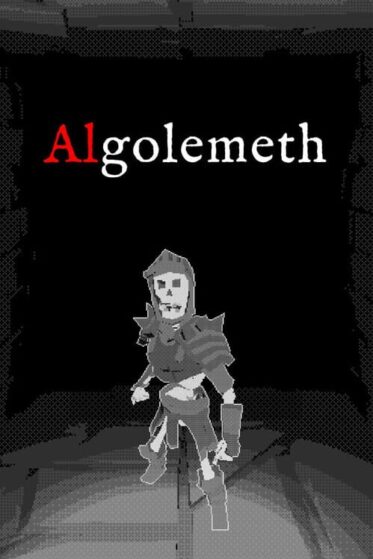
Yuzo Koshiro Returns with ‘Algolemeth’: A Retro-Futuristic Soundtrack to Watch in 2025
 Legendary composer Yuzo Koshiro, renowned for his iconic work on the Streets of Rage series, is making a triumphant return to the gaming music scene with the upcoming dungeon crawler Algolemeth. Developed by Medium-Rare Games, this title is set to launch on Steam later this year, and it’s already generating buzz for its unique blend of classic and contemporary elements.
Legendary composer Yuzo Koshiro, renowned for his iconic work on the Streets of Rage series, is making a triumphant return to the gaming music scene with the upcoming dungeon crawler Algolemeth. Developed by Medium-Rare Games, this title is set to launch on Steam later this year, and it’s already generating buzz for its unique blend of classic and contemporary elements.
A Fusion of Old-School Beats and Modern Gameplay
Algolemeth promises a nostalgic yet fresh experience, combining Koshiro’s signature retro beats with modern dungeon-crawling mechanics. The game invites players into a world where techno-fantasy meets pixel art, delivering a soundtrack that’s both a homage to the past and a step forward in game music evolution.
Koshiro’s involvement is particularly noteworthy, as his compositions have significantly influenced the soundscape of early ’90s gaming. His return signifies a bridging of generations, offering both longtime fans and new players a chance to experience his musical genius in a contemporary setting.
Why This Matters in Today’s Gaming Landscape
In an era where game soundtracks are increasingly recognized for their artistic value, Koshiro’s work on Algolemeth underscores the enduring impact of well-crafted game music. As the industry continues to evolve, the fusion of classic composition techniques with modern game design exemplifies the potential for innovative and emotionally resonant gaming experiences.
Looking Ahead
With Algolemeth’s release on the horizon, anticipation is building not just for its gameplay but also for its musical contributions. Koshiro’s return is a reminder of the timeless nature of great game music and its power to enhance storytelling and player immersion.
Stay tuned for more updates as we approach the launch date, and prepare to embark on a dungeon-crawling adventure underscored by a soundtrack that’s poised to be one of 2025’s standout musical achievements in gaming.
